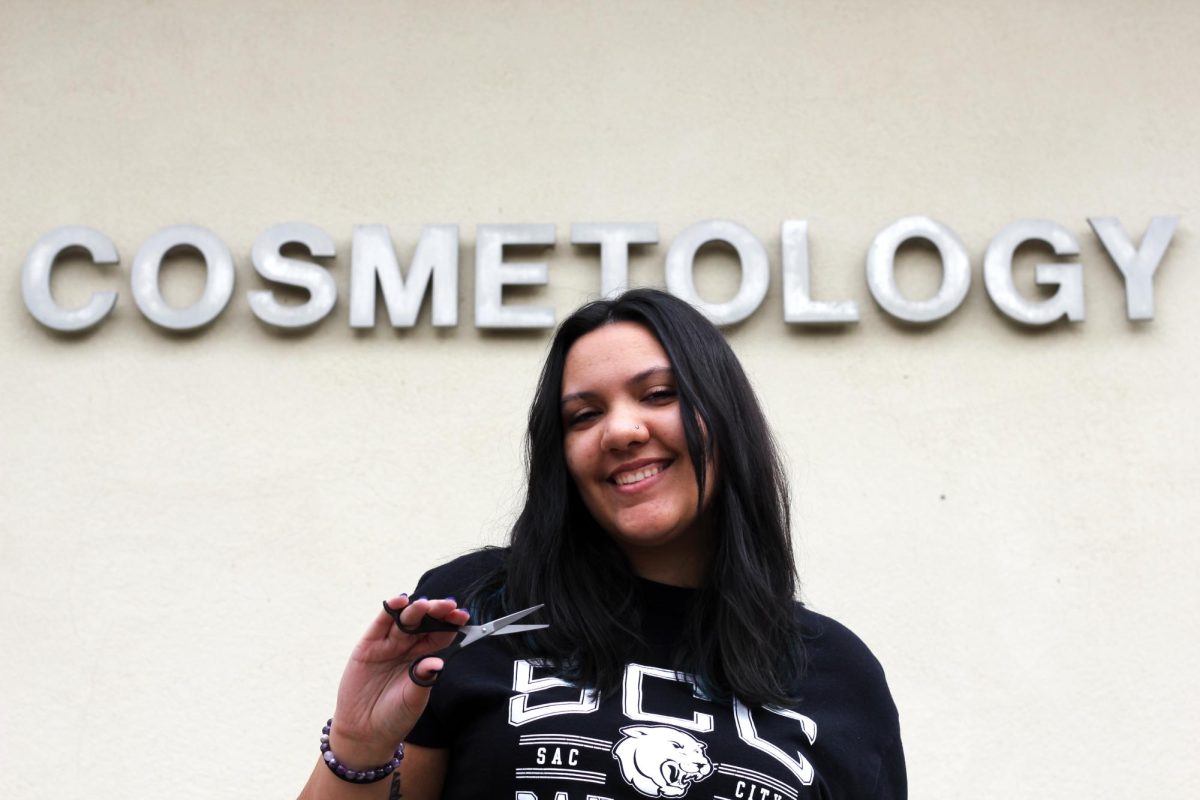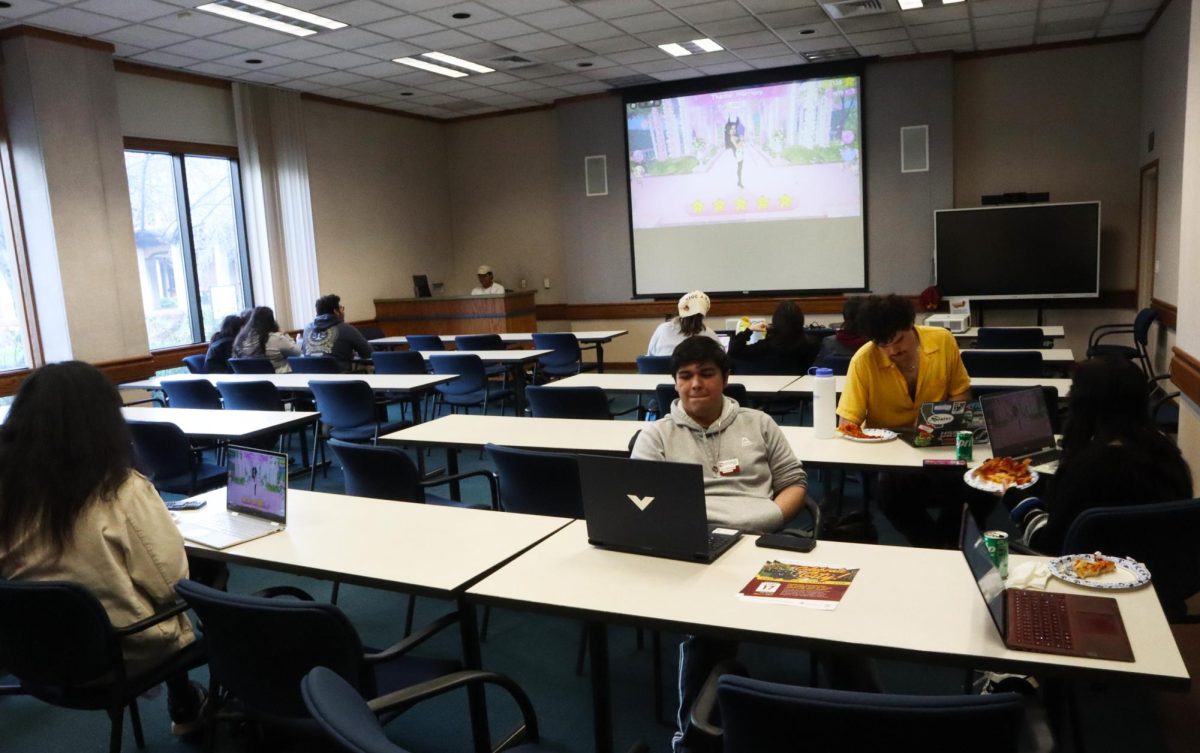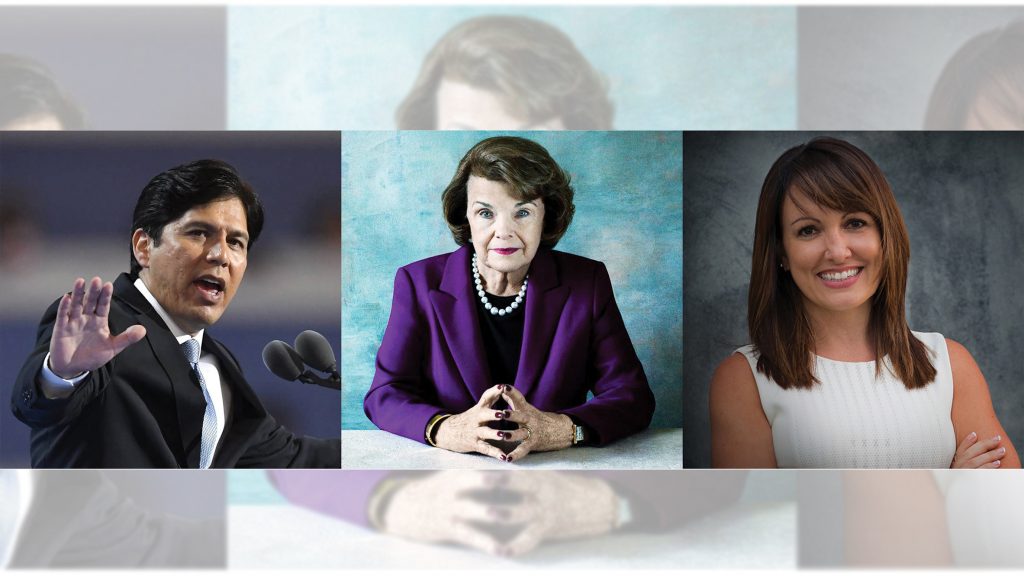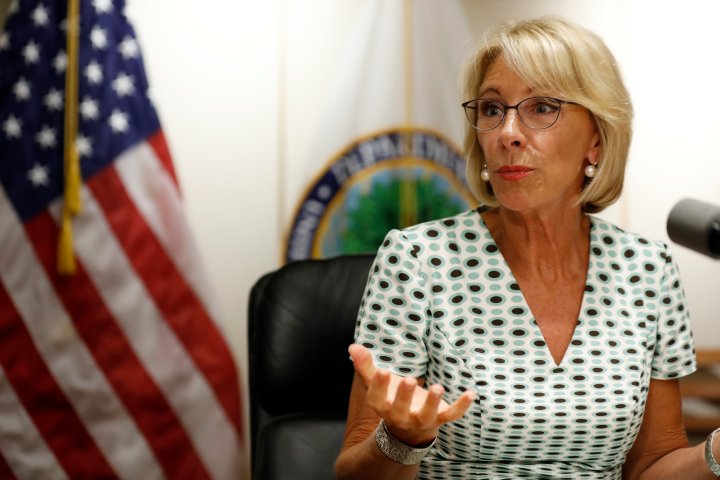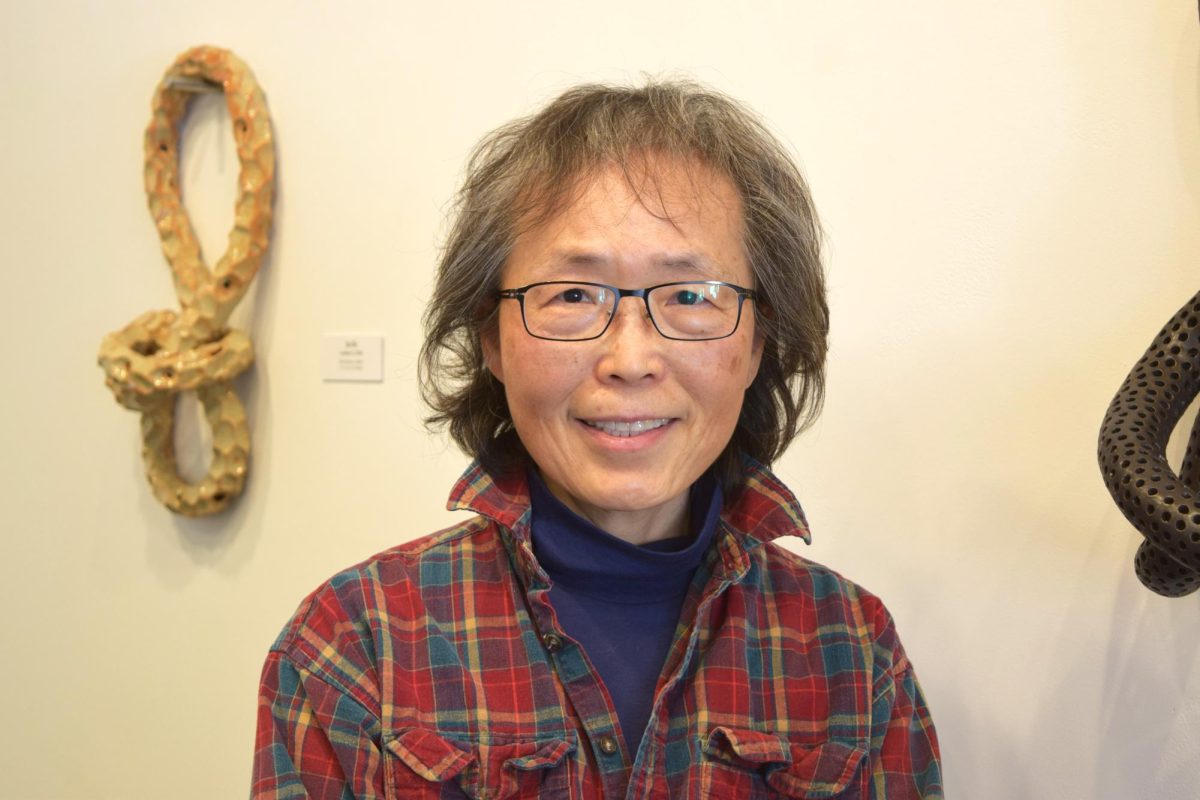The United States is in flux.
Between aggressive gerrymandering and a defunct Electoral College, there’s a clear message: Democratic votes are worth less than Republican votes. Hillary Clinton got 3 million more popular votes than Donald Trump, but he got the Oval Office. Clearly, the Republicans are playing with a stacked deck.
To combat this challenge, the Democratic Party needs real progressive leadership.
In 2018, voters have the opportunity to pick a new United States senator — and we believe it’s time for someone other than Dianne Feinstein, who has been a US senator since 1992.
Sixty-one percent of Americans support universal healthcare and only 24 percent oppose it, according to an Economist poll from April 2017, yet Feinstein is dragging her feet. When presented with clear-cut, popular issues, she misunderstands the questions and muddies the answer.
“If single-payer healthcare is going to mean complete takeover by the government, I’m not there,” said Feinstein when asked last April if she would support Bernie Sanders’ medicare-for-all bill. The bill is co-sponsored by California’s other senator, Kamala Harris.
More and more Americans are forced to live without health insurance — hard-working people on all sides of the political spectrum — but Feinstein is essentially championing inaction.
Feinstein talks about appealing to the center, but much of the policy she’s against is popular with voters on both sides of the aisle.
A report by the public policy organization Demos found that Republican voters supported regulating Wall Street and providing healthcare for children, despite donors’ opposition.
Two thirds of the country supports universal healthcare, and less than a quarter opposes it. If Feinstein can ignore numbers like that, something is wrong. Since she’s not appealing to the center, she may be appealing to healthcare lobbyists that donated millions of dollars to her campaign.
No matter how you frame it, Feinstein is deeply entrenched in every aspect of a political establishment that has become very unpopular with the majority of Americans. If her connections cause her to take unpopular positions, then her connections are a weakness, not a strength.
The best strategy to beat the far right is to run on overwhelmingly popular, non-divisive issues: single-payer healthcare, increased Wall Street regulations and publicly funded elections. If Feinstein won’t even come out in support of one of the most popular bills in the country, then it’s time to consider other options.
Already, Feinstein is facing challengers — Alison Hartson is running as a candidate for Justice Democrats, a progressive faction of the party, and California Senate President Kevin De Leon has thrown his name into the ring.
Hartson is a former high school English teacher who left teaching with one goal — to get money out of politics. Hartson became a political organizer for Wolf-PAC, a political action committee devoted to stripping corporations of personhood and making elections publicly funded. They are associated with the liberal news organization The Young Turks.
Not only is Hartson more in touch with the average voter due to her teaching background, her platform is as centrist as you can get. No issue is less divisive than the corrosive effect money has had on politics. According to a survey in 2014 by Public Citizen, 58 percent of Republicans oppose Citizens United. Only seven percent of the country oppose major changes to campaign finance laws.
As president pro tempore of the California Senate, De Leon introduced the California Environmental, Public Health and Workers Defense Act of 2017 to keep California’s minimum standards for protection of the workers and the environment aligned with the federal standards as of Jan. 1, 2017.
Throughout his career, De Leon authored a large share of California’s environmental policy, including SB 350, a plan to convert 100 percent of California’s energy to renewable sources by 2045. As assembly member, he introduced a bill that invested $400 million into 127 community parks.
The primary is still months away, and we’re not endorsing a candidate yet, but we do believe that voters must hold the Democratic Party to a litmus test. Feinstein shouldn’t be a shoe-in by any means — there are candidates in the race that pose a challenge to Feinstein’s corporatism.
At the very least, ask yourself: If Feinstein refuses to step up and fight for the issues her own voter base is crying for, why does she deserve to be re-elected?













